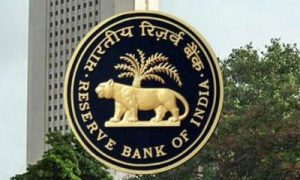Amazon currently offers three-month and annual memberships for Prime subscription in India
Amazon will no longer offer monthly Prime membership in India. Moving forward, the e-commerce giant will only be offering three-month or annual Prime memberships. The Amazon Prime subscription amount begun at Rs. 129 per month, but this starting pack has been removed to adhere with new Reserve Bank of India mandate. RBI’s new guideline asks banks and financial institutions to implement an additional factor of authentication (AFA) for processing recurring online transactions. The deadline for implementation of this new mandate has been set for September 30.
Amazon has updated its support page to reflect the removal of monthly membership of Amazon Prime subscription. Additionally, since April 27, Amazon has also temporarily discontinued new member sign-ups for Amazon Prime free trial as well. At the moment, if a user is looking to buy Amazon Prime membership or renew it, they can only purchase three month or annual subscription. Three months subscription for Amazon Prime is priced at Rs. 329 and the yearly membership is priced at Rs. 999 per year.
The new RBI framework was originally announced in August 2019 and an extended deadline for banks and financial institutions has been set for September 30 this year. This deadline was extended to “prevent any inconvenience to the customers.” Gadgets 360 learnt that merchants through various industry bodies urged RBI and the government to hold the proposed system as it was believed to disrupt auto-payments of mobile, utility, and other bills and subscription charges of over-the-top (OTT) platforms.
Initially, RBI issued the framework to deploy AFA for recurring transactions worth up to Rs. 2,000 in 2019. It, however, extended that rule in December last year to transactions of up to a limit of Rs. 5,000 per transaction. Transactions above that cut-off will require an additional one-time password (OTP). RBI also warned that any further delay in ensuring complete adherence to the framework beyond the extended timeline would attract stringent supervisory action



































